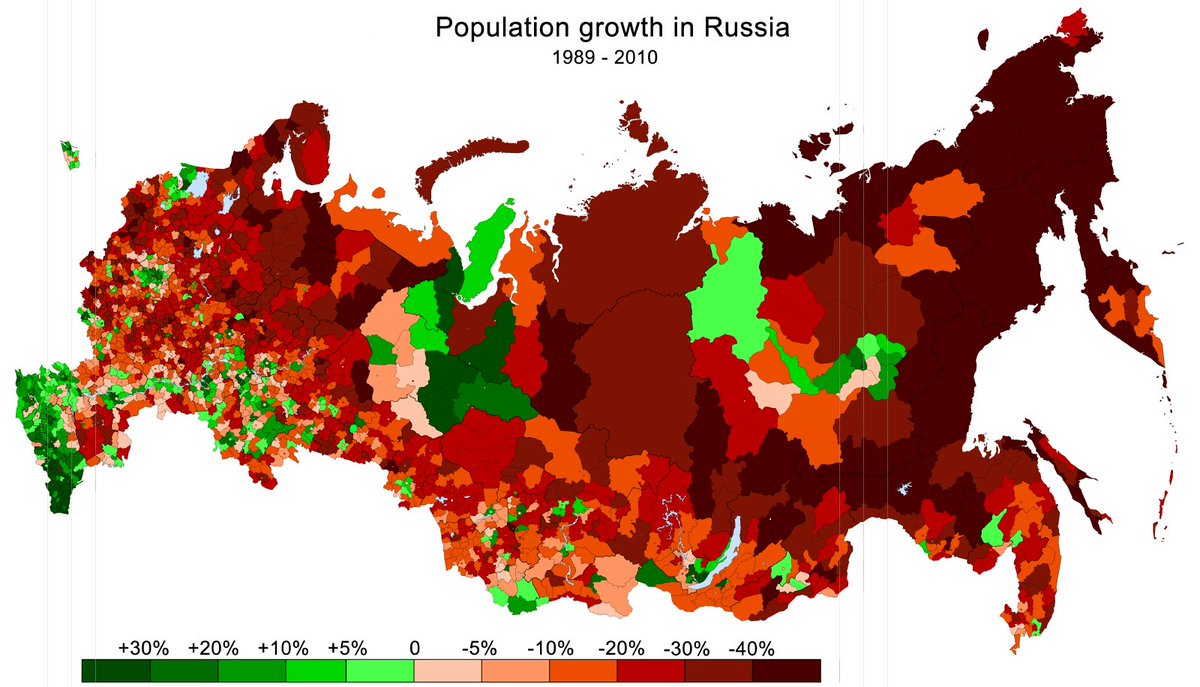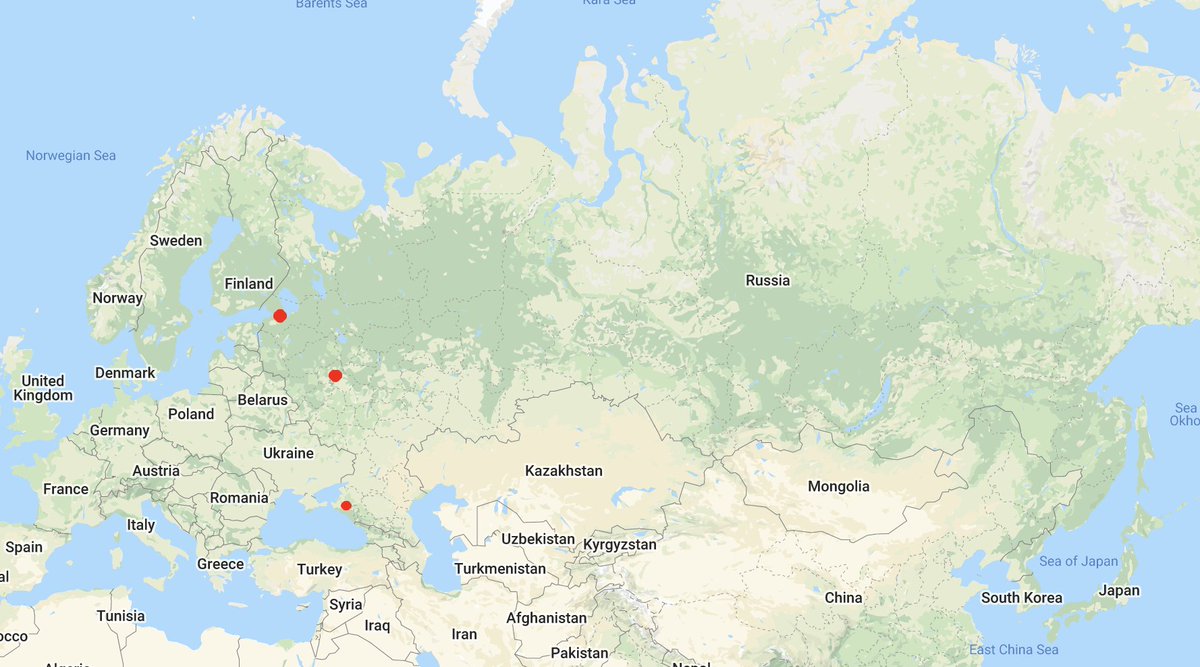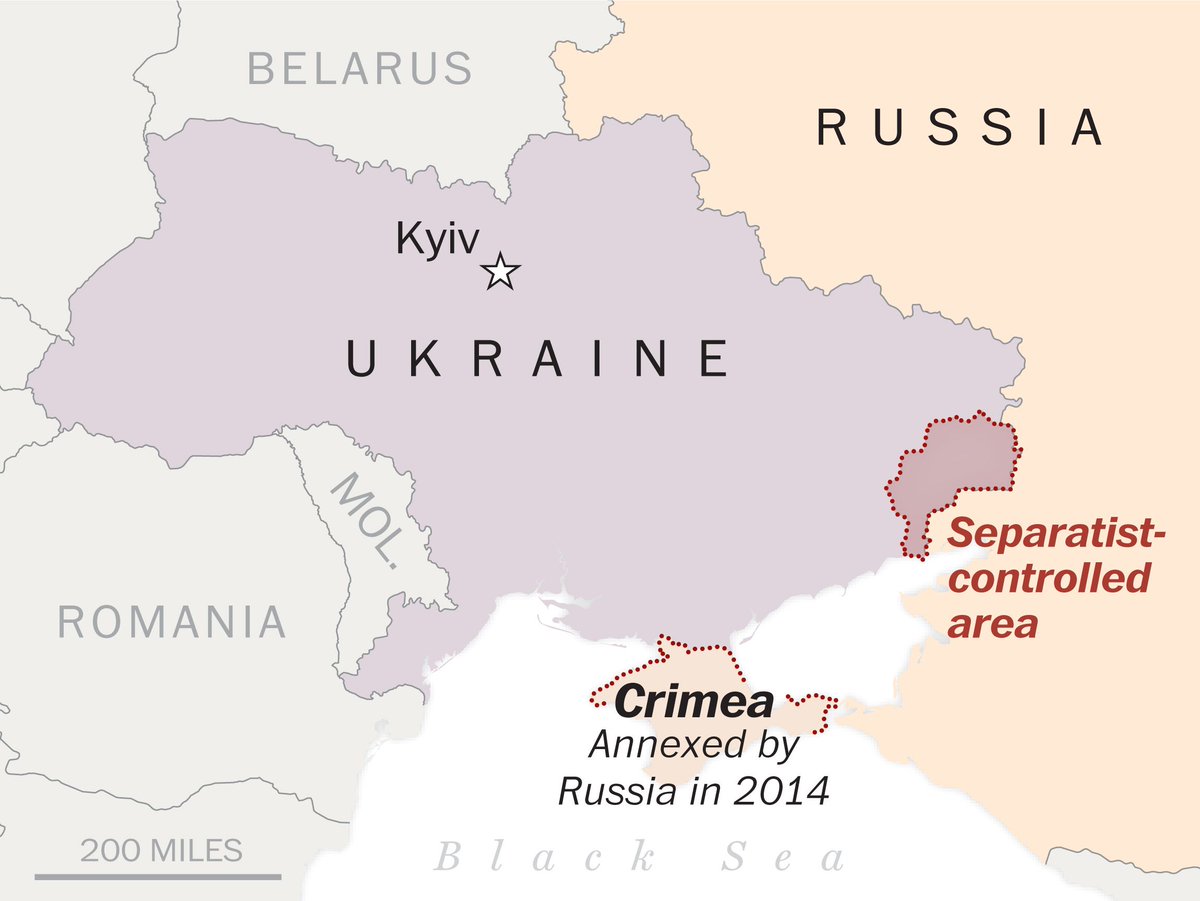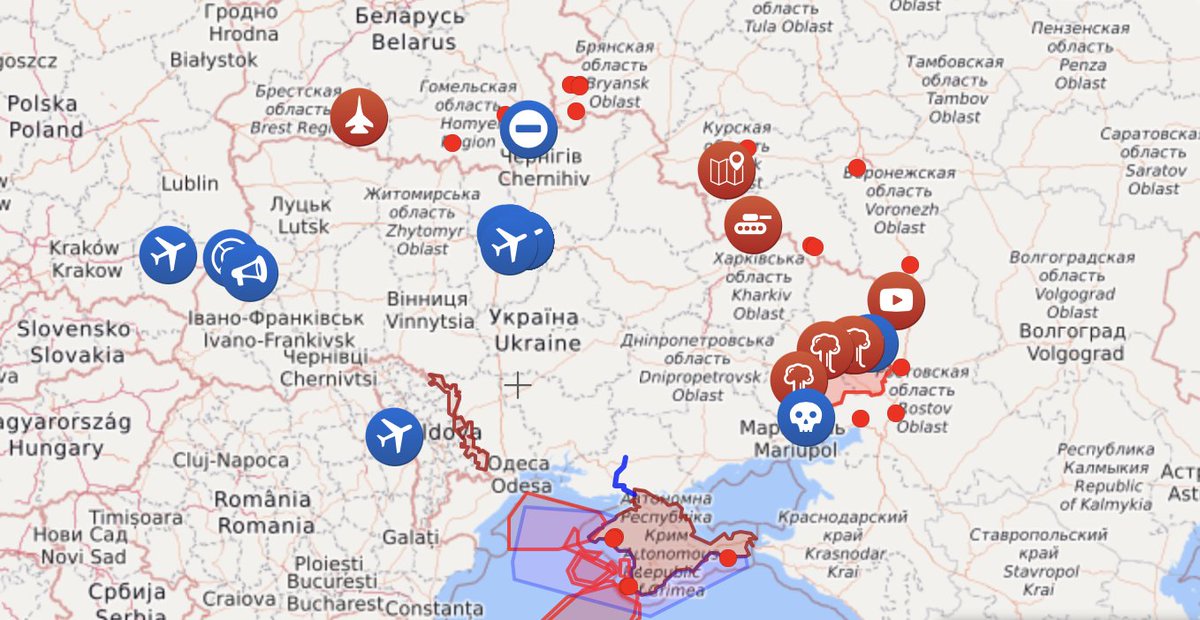
Let me introduce you Vasya Lozhkin - a painter very well-known in Russia, but not so much abroad. It may be a good introduction to Russian visual, and not only visual, meme culture and public discourse (thread)
Triptych 'Abroad vs Motherland'
Triptych 'Abroad vs Motherland'

'Mr Bad?'
(that's a memetic depiction of political assassination by state security. it's believed that 100% of 'random' ppl present during the event - passerbies, witnesses, are all actually agents. here even street animals are agents)
(that's a memetic depiction of political assassination by state security. it's believed that 100% of 'random' ppl present during the event - passerbies, witnesses, are all actually agents. here even street animals are agents)

'Real revolution always starts unexpectedly'
Well, that's a reference to the role of navy sailors in revolution and early building of the Soviet power. 'Revolutionary sailors' are a well-recognised meme
Well, that's a reference to the role of navy sailors in revolution and early building of the Soviet power. 'Revolutionary sailors' are a well-recognised meme

'Your America is over!'
That's a quote from 'Brat' movie. I would say movies Brat and Brat-2 were the most culturally important for post-Soviet Russia and I highly recommend to watch
That's a quote from 'Brat' movie. I would say movies Brat and Brat-2 were the most culturally important for post-Soviet Russia and I highly recommend to watch

'During the Domesday the sky will open and the flame will pour down. All the world gonna die! Only Russia will be saved! Be saved, too! Be with us! JOIN RUSSIA 

• • •
Missing some Tweet in this thread? You can try to
force a refresh
































